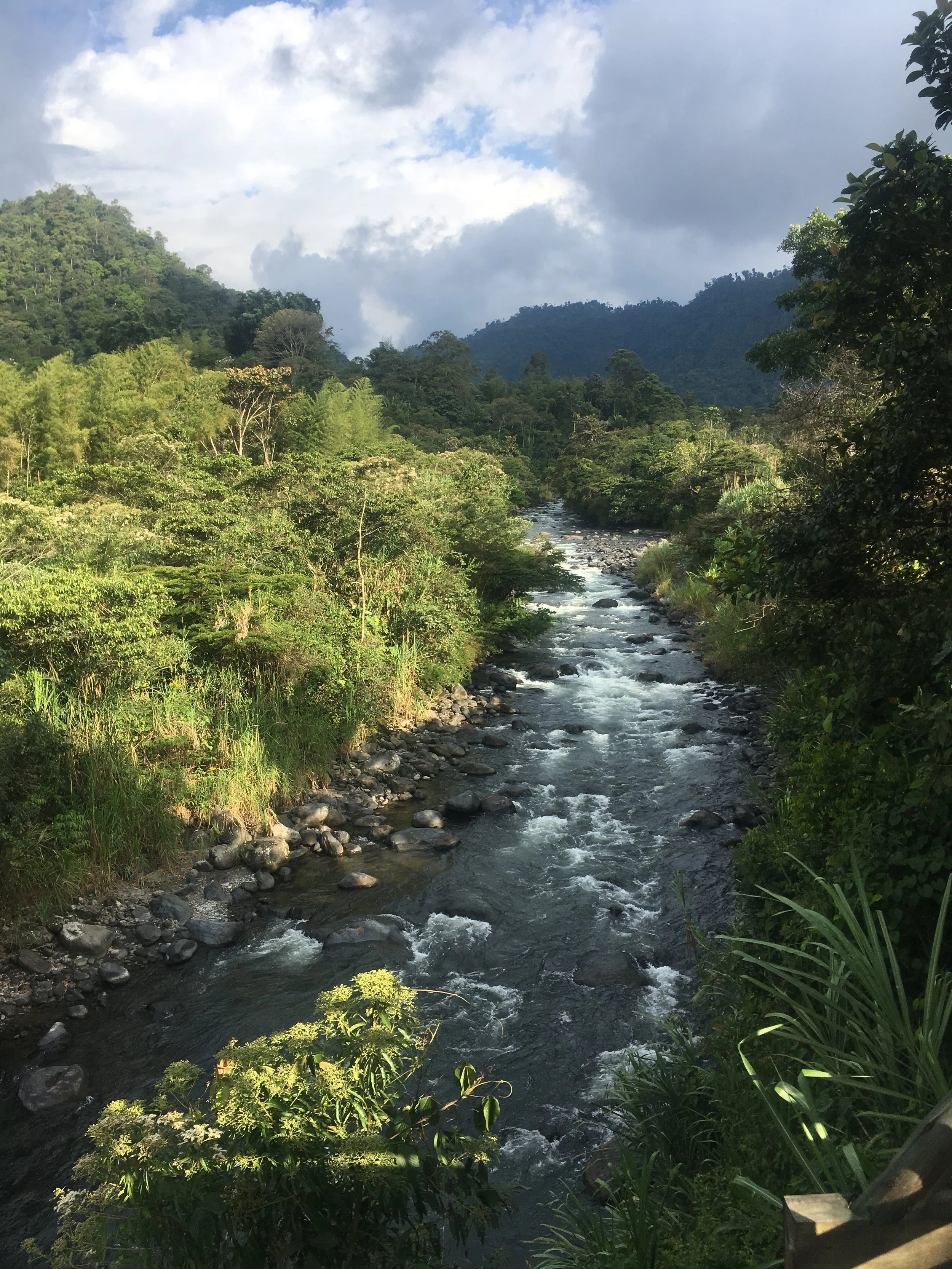
Ecological Restoration
Local governance in restoration
Efforts to restore or conserve the Andean Chocó region, a biodiversity hotspot, have become more frequent with governmental and non-governmental pledges and funding to support it. I wanted to understand the motivations behind landowners continuing projects after they finished. I interviewed five landowners and found that perceived benefits motivated landowners to continue restoration processes, such as future water conditions, but that immediate benefits, such as planting fruit trees, were key in prolonging that motivation. In the process, landowners became stewards of the forests and shaped the landscape.
Rehabilitation in puna ecosystems
Based in Huancavelica, Peru, I worked on monitoring and assessing the effects of a large-scale ecological restoration project. In 2015 the non-governmental organization CONDESAN (Consortium for the Sustainable Development of the Andean Ecoregion) was contracted to create a monitoring plan for restoration funded but the Belgian Development Agency and the Peruvian governmental agencies. This project was a collaborative effort, including Ecuadorian and Peruvian biologists.

